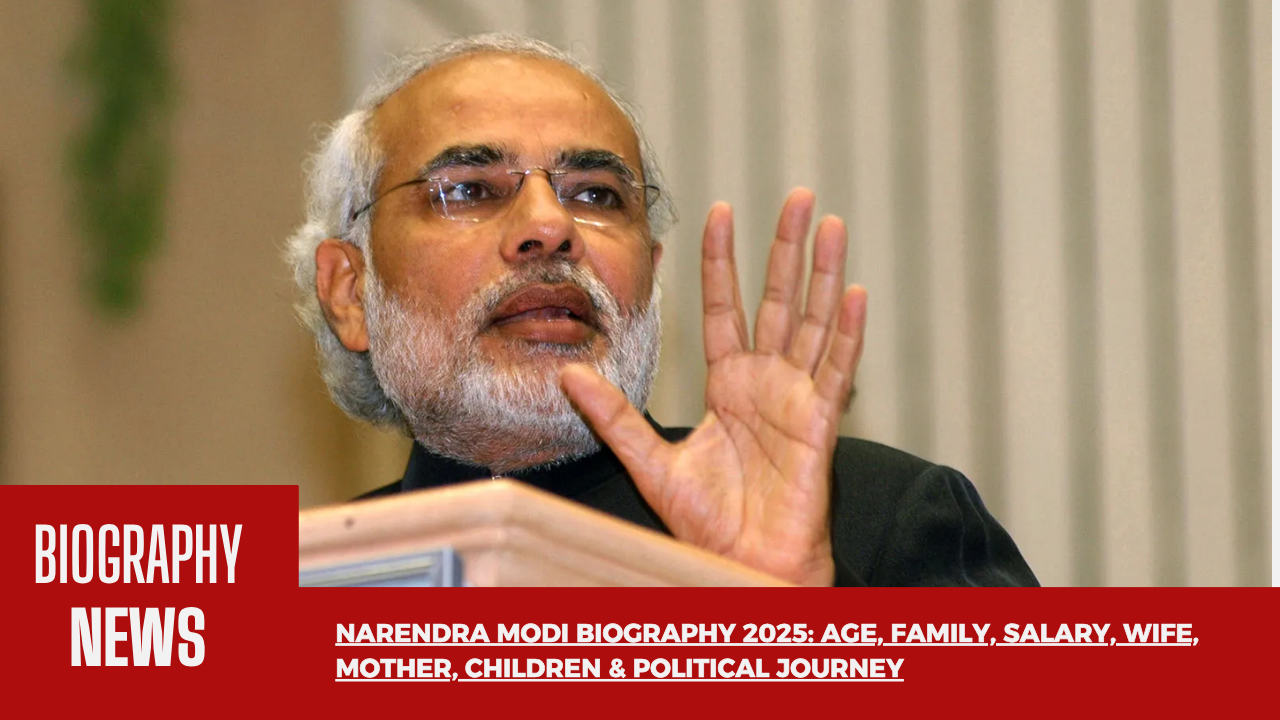Written by Rahul | September 8, 2025
When Stress Doesn’t Fade
We all go through stressful events — a breakup, moving to a new city, losing a job. For most, the storm passes with time. But some people feel stuck, unable to shake off the sadness or anxiety even months later. Doctors often call this adjustment disorder.
It’s not about being weak. It’s about your mind struggling to keep pace with change. Think of it as your emotional brakes failing when life suddenly speeds up.
What Usually Triggers It?
Adjustment disorder doesn’t come out of thin air. It usually follows a life jolt.
- Divorce or separation that leaves you feeling unmoored.
- Sudden job loss, financial setbacks.
- Shifting schools, colleges, or cities.
- Serious illness or surgery.
- Even “positive” changes like marriage or retirement can unsettle people.
It isn’t the event itself — two people can face the same challenge, but one adapts, while the other feels crushed under its weight.
1) Regulate your Autonomic Nervous System (ANS)
— Bex (@GoBeHERco) January 21, 2025
Trauma disrupts your ANS—leaving you stuck in fight-or-flight or freeze mode.
Symptoms include:
• Inflammation
• Chronic stress
• Hypervigilance
• Emotional numbness
But this changes everything ↓ pic.twitter.com/MstnyIKmux
How It Shows Up
This is where confusion starts. Adjustment disorder often looks like depression or anxiety. Symptoms can creep in quietly:
- Persistent sadness, crying without clear reason.
- Feeling hopeless, “what’s the point of trying.”
- Anxiety, restlessness, trouble sleeping.
- Pulling away from friends and family.
- Irritability, sudden anger outbursts.
- In teenagers, reckless behavior or fights.
If this emotional fog lingers beyond six months after the stressful event, doctors might explore other diagnoses.
Types You Might Hear About
Psychiatrists sometimes put labels depending on symptoms:
- With depressed mood → sadness, low energy.
- With anxiety → nervousness, constant worry.
- With both depression and anxiety → a cocktail of both.
- With conduct issues → acting out, rule-breaking, risky choices.
These labels help doctors fine-tune treatment but don’t change the core problem: difficulty adjusting.
Diagnosis – More About Listening Than Tests
There’s no blood test or MRI that flashes “adjustment disorder.” Instead, a psychiatrist or psychologist listens — really listens. They map your recent life events, weigh your emotional reaction, and check if it’s disproportionate compared to the situation.
Treatment: Small Steps That Work
The good part? Adjustment disorder is usually temporary and treatable. Here’s how:
- Talk Therapy: A safe space to untangle emotions. CBT (Cognitive Behavioral Therapy) helps shift negative thought loops.
- Short-Term Medication: If anxiety or sleeplessness is extreme, psychiatrists may prescribe meds — but only for a limited time.
- Lifestyle Fixes: Regular walks, meditation, balanced meals. It sounds cliché, but body rhythm affects mood more than we admit.
- Support System: Talking openly with close friends, joining peer groups. Healing often begins when you stop carrying the burden alone.
Real-Life Example
A young professional in Bangalore lost his job during layoffs. Instead of bouncing back, he spiraled — sleepless nights, avoiding calls, snapping at family. After a psychiatrist visit, he was diagnosed with adjustment disorder. Six months of therapy and structured routine later, he found a new job and said, “I wish I’d asked for help earlier.”
FAQs
Q. Is adjustment disorder just being weak?
Not at all. It’s a clinical condition triggered by stress — not a character flaw.
Q. How long does it last?
Usually up to six months after the stressful event, but therapy can speed recovery.
Q. Can children have it?
Yes, especially after divorce, bullying, or shifting schools.
Q. Is it the same as depression?
No. Depression can appear without a trigger. Adjustment disorder is tied to a life change.
Read more: Malaria Treatment in 2025 – Old Enemy, New Battles
About the Author
Rahul is a staff journalist at Newstic.in, specializing in national and international news with a strong focus on business, technology, and culture. With a background in digital reporting and a sharp eye for accuracy, Rahul delivers stories that blend clarity, depth, and relevance for today’s readers. His work reflects Newstic’s commitment to credible, fact-checked journalism that informs and engages audiences across India and beyond.
Disclaimer
This article has been prepared and published by Newstic.in for informational and news reporting purposes only. While every effort has been made to ensure accuracy and reliability, readers are advised that details such as prices, specifications, dates, or other event-related information may change over time. Newstic.in does not take responsibility for any business or personal decisions made based on this content. For the latest updates, always refer to official announcements, verified sources, or consult with relevant professionals. Opinions expressed by analysts, buyers, or third parties quoted in this article are their own and do not necessarily reflect the views of Newstic.in.















